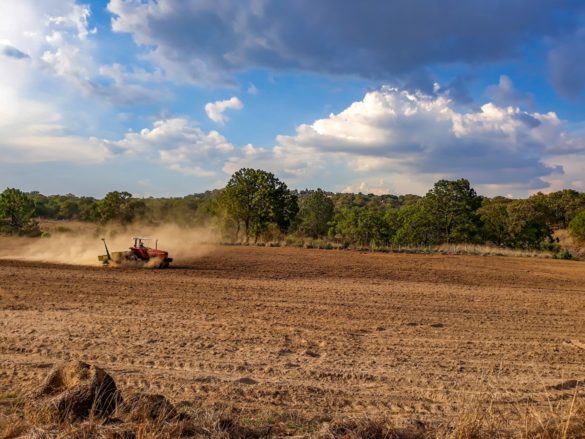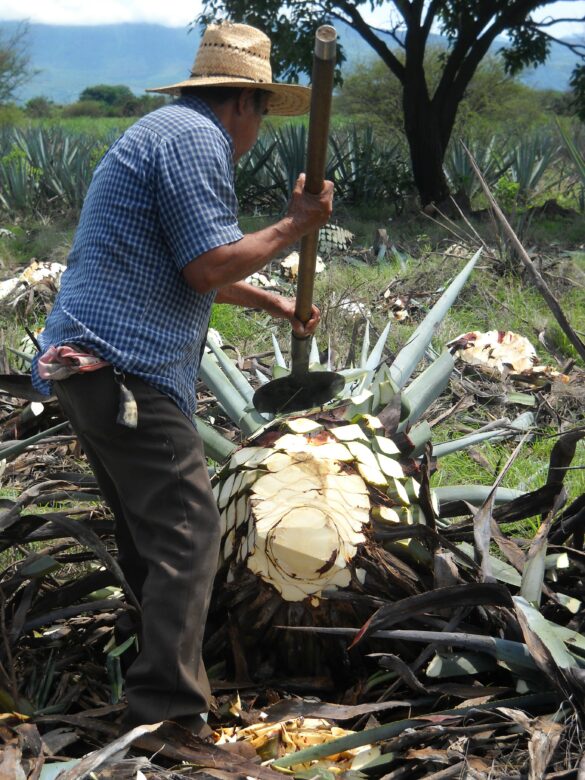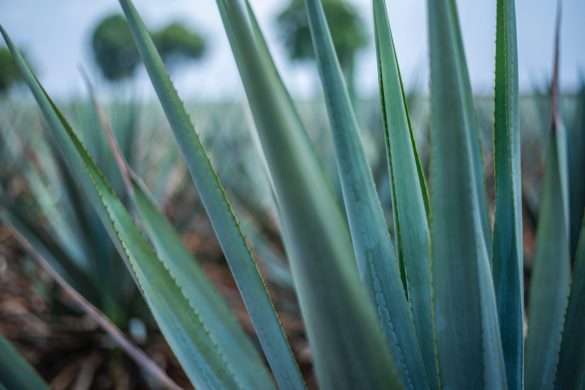Aiming for a 50% reduction of deforestation by 2024, and a 100% reduction by 2030
Context
- GDP (US$) 60,394 M$
- POPULATION 8 368 602
Initiative
Tequila production is one of the main economic activities in Jalisco. In 2020, production records were broken in Mexico, with 73% of production taking place in Jalisco. However, this has significant environmental and social impacts, such as deforestation and degradation of Jalisco’s temperate and tropical forests.
To address this situation, the Jalisco State Government signed a Collaboration Agreement with the Tequila
Regulatory Council (CRT) to establish the basis for the formulation and implementation of an institutional
cooperation scheme that would contribute to the sustainability of the sector. The initiative includes the design and implementation of the protocol and certification “Environmental Responsible Agave (ARA)” brand, the promotion of responsible production processes, and the ensuring of forest conservation, with the aim of halting the deforestation of natural forests associated with tequila production by 2027. To this end, technical roundtables were established for innovation, the development of technological solutions, and the promotion of better production practices for the conservation of biodiversity and forest restoration–all with the aim of contributing to the improvement of the environmental footprint.
One of the keys to the success of the initiative was a collaboration with the industry. In addition, at the state level, inter-institutional collaboration with the ministries of economy and agriculture has been necessary to align and integrate economic and environmental policies for the implementation of certification. On the other hand, municipal authorities were also involved in the dissemination of the brand and the training of technicians and producers.
This initiative is framed into a State Strategy to stop deforestation through productive activities, that in addition to livestock and avocado production regulation (in development), the implementation of this protocol has raised the ambition to a 50% reduction of deforestation by 2024, and 100% reduction by 2030. Accompanied by other key policies related to forest and biodiversity management, this protocol is essential for Jalisco’s climate action.
Key Factors
- Multi-level Governance for adaptation
- Mainstreaming adaptation
Reference: To learn more, further information is available here





